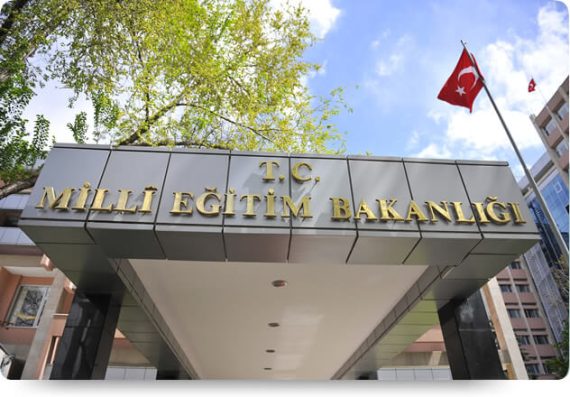The performances of the Occupational and Technical High Schools have been evaluated by the Occupational and Technical Education General Administration, which is part of the Ministry of Education.
In the preface of the report that was made public, the Minister of Education Ziya Selcuk emphasized the importance of “the necessity of creating our educational ecosystem in processes based on data and participation, in order to determine the areas that are required to be improved in Occupational and Technical Education, examine them with adequate research and understand them better, and then develop applicable and sustainable solutions with the involvement of stakeholders.”
The project was conducted by the deputy Education Minister Mahmut Ozer, and the report was prepared by Prof. Kemal Varim Numanoglu, head of the Occupational and Technical Administration, together with Dr. H. Eren Suna, Dr. Hande Tanberkan, Emine Eroglu, Umare Altun, Yusuf Cidem, Asli Demircan, Emel Bakirkaya and Aysim Secen.
2,489 Occupational and Technical Anatolian High Schools, 633 multi-program Anatolian High Schools and 372 Occupational Education Centers were evaluated with an external quality assessment.
Recommended
A project is intended to bring the functional potentials of Occupational and Technical Schools and Institutions to the highest level in order to use public sources efficiently and productively, to improve the quality and productivity of educational services, and to highlight the success of schools and institutions. With this, according to the ministry, it will be possible to extend the number of schools that provide quality services with limited public resources.
The report states that “for those students, who are taking occupational education, to be able to take part in the global economy and to be part of the production process, are some of the most effective solutions to the problems of employment gaps and to find the ‘required’ human sources to various industries.”
The final goal of this project is to train qualified work forces who are productive, enterprising, innovative, and have occupational ‘values’ and work ‘ethics,’ and which add value to the economy.
*Written by Selahattin Emre Celebi





